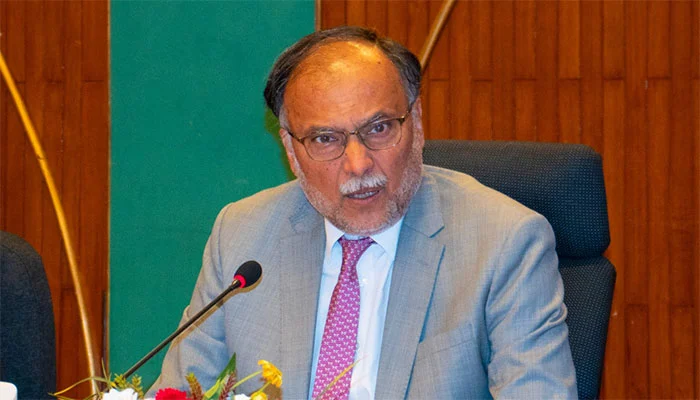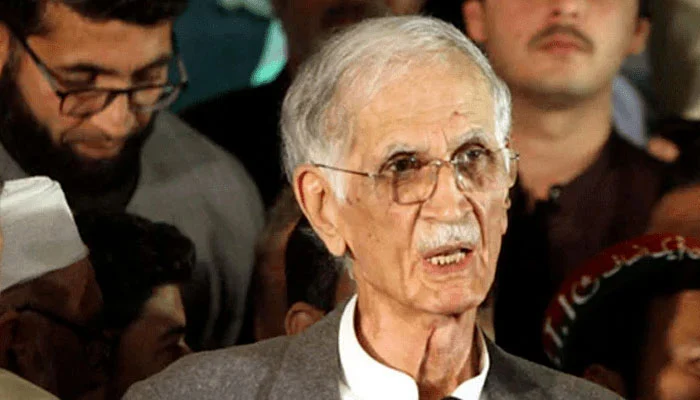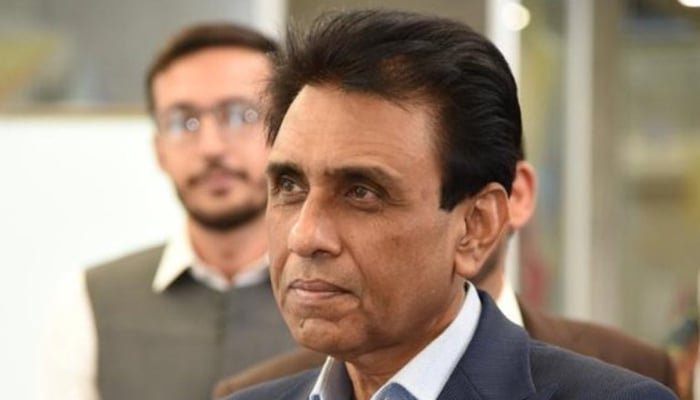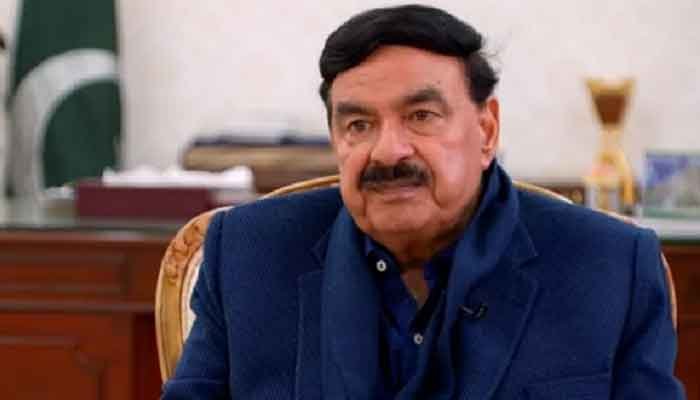Hasan Iqbal, a prominent leader of the Pakistan Muslim League-Nawaz (PML-N), has stated that the establishment has assured not to intervene in politics anymore, asserting that the Pakistan Tehreek-e-Insaf (PTI) orchestrated a conspiracy against itself, now claiming to be a victim of level-playing field denial.
During a conversation on Geo News program ‘Naya Pakistan,’ Hasan Iqbal claimed that the China-Pakistan Economic Corridor (CPEC) project suffered setbacks due to the imposition of an incompetent government in 2018. According to him, the conspiracy against the project unfolded after the alleged 2018 manipulation that resulted in economic turmoil for Pakistan.
Iqbal further elaborated that if accountability had been initiated for the events surrounding the PTI sit-ins and parliamentary incidents in 2014, the political scenario would not have led to the events of May 9. He accused the PTI of not being a victim of level-playing field denial at that time but rather having clashes with Pakistan’s state institutions, emphasizing that anyone crossing the red line should face consequences.
The PML-N leader argued that if former Prime Minister Nawaz Sharif had adopted a policy of forgiving those who wronged him, the majority would have accepted it, and efforts would have been made to carry the opposition forward collectively. He expressed a willingness to accommodate those sitting in opposition within the majority, acknowledging their presence.
Hasan Iqbal’s statements provide insights into the political dynamics in Pakistan, with a focus on the alleged assurance from the establishment regarding non-interference in politics. The accusations against the PTI of orchestrating a conspiracy against itself add a layer of complexity to the narrative. Moreover, Iqbal’s call for accountability and his willingness to embrace opposition figures signal a nuanced approach to political reconciliation and cooperation. As Pakistan continues to navigate its political landscape, the dynamics between major political parties and their interactions with state institutions remain critical factors shaping the country’s future.



